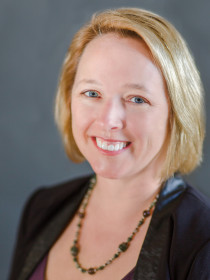
Deana A. Rohlinger
Connect with Deana
About Deana
Rohlinger's research focuses on communications, conservative movements, and civic engagement. Overarching themes in Rohlinger's writing include the effects of digital media on political participation and activism as well as the role of virtual communities in political polarization. Rohlinger is a Director of Research at FSU's Institute of Politics, a member of the National Institue for Civil Discourse Reserach Network, and the incoming chair of the American Sociological Association's section on Collective Behavior and Social Movements.
Contributions
U.S. Abortion Politics in the Early Twenty-First Century
How Social Movements are Using the Internet to Change Politics
No Jargon Podcast
In the News
Publications
Uses longitudinal data to assess who stayed and who left the Tea Party movement and how this may have helped fuel the Trump-Train in 2016.
Outlines how contemporary movements can cultivate relatively strong and weak collective identities among its supporters, and discusses the implications of these identities for electoral politics.
Assesses how movements can use Internet Communication Technology to engage average citizens and keep them involved over time.